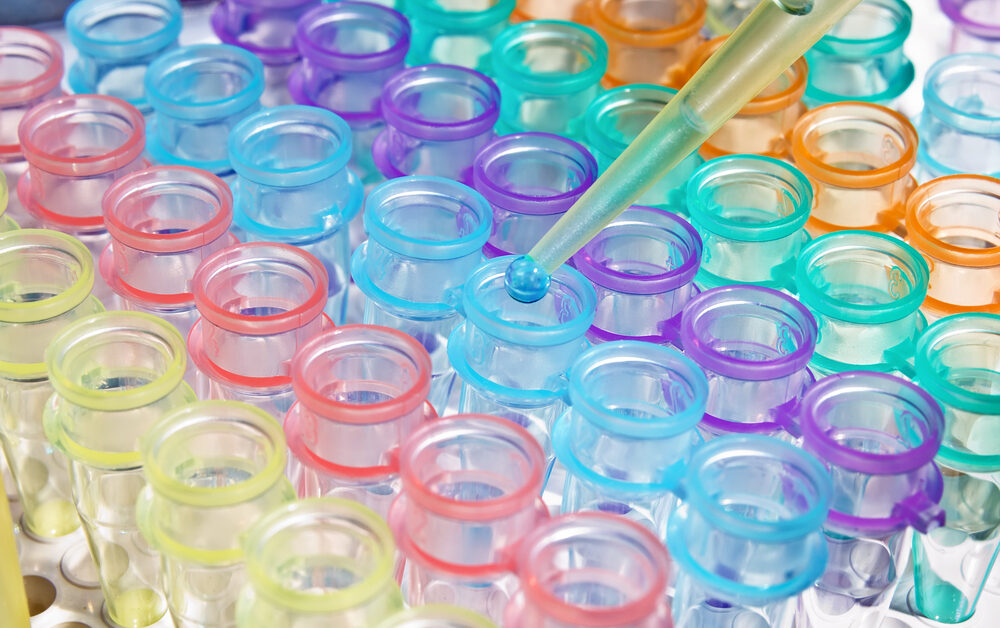Newsletter Signup - Under Article / In Page
"*" indicates required fields
In the evolving world of precision medicine, the need for methods that can measure biomolecules with supreme accuracy and specificity is paramount. Recognizing this, Yan Xu of the Graduate School of Engineering at Osaka Metropolitan University in Japan, and his international research team, say they have made a great stride in this direction.
They have developed a nanofluidic device capable of capturing single proteins stochastically and detecting them digitally at their naturally high concentrations. This breakthrough, they said, could potentially lay the foundation for the future of personalized disease prevention and treatment.
Precision medicine aims to tailor prevention and treatment strategies based on individual genetic data, environmental factors, lifestyle, and other determinants. Integral to this is the accurate measurement of biomolecules, such as genes and proteins, within single cells.
However, until now, there have been no tools capable of simultaneously handling the minuscule volume of a single cell’s content – typically on the order of picoliters (10−12 L) – and quantifying biomolecules in high-concentration cellular environments.
The device, named the Nanofluidic Aptamer Nanoarray (or NANa for short), is a nanochannel-based chip designed for the digital assay of individual molecules in a sample with an ultrasmall volume equivalent to that of a single cell.
Using synthetic antibodies known as aptamers, NANa can stochastically capture and digitally detect single molecules of target proteins even within high-concentration samples. These aptamers, which bind to specific molecules, are densely arrayed within the nanochannels of the device.
Looking forward, the researchers plan to conduct practical demonstrations with actual cell samples, digitize the measurement data obtained, and explore the potential of integrating AI-based image recognition technology and biological big data. “Humans are complex organisms consisting of a vast number of cells,” Xu said.
“We hope NANa, which digitizes information on the number of biomolecules in individual cells, will serve as a bridge between life science and information science, paving the way for precision medicine in the future.”
The research results were published in Small.






